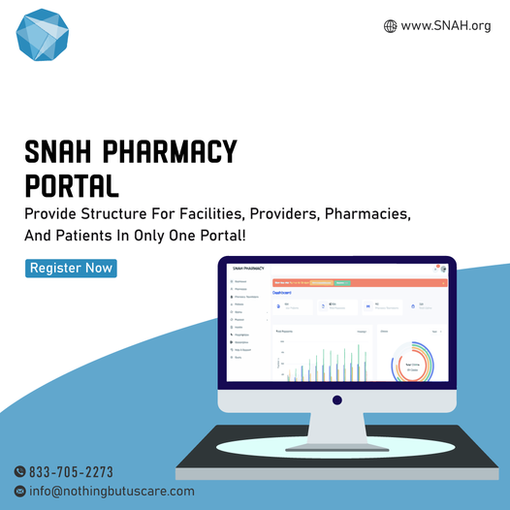Health care is one of the most important aspects of life, yet the United States system is far from perfect. Over 131 million people in the U.S. take at least one prescription medication, including 66% of adults. The leading drug classes for prescriptions in the U.S. are antihypertensive (high blood pressure), pain relievers, and mental health medications. Many Americans take life-saving drugs, yet managing them can be complicated.
A Complex Issue
Multiple practitioners are often involved in prescribing, monitoring, and adjusting medications. There are also different pharmacies that patients may use. This can lead to delays, miscommunication, and errors. Although medical offices do their best to keep systems up-to-date, complications can still occur when patients change insurance or move.
Common problems include:
Patients Forgetting To Refill Prescriptions
This can happen for a variety of reasons. Life gets busy, and it’s easy to forget to make a pharmacy run. Some patients may be unable to afford their copay, so they ration their pills until they can come up with the money. This can be dangerous, especially for those with chronic conditions.
Changes in Prescriptions Leading to Adverse Drug Reactions
Drug interactions are a serious concern. When patients see multiple practitioners, there is a risk that one will prescribe a medication that negates the effects of another. Patients may also forget to mention over-the-counter drugs or supplements, which can lead to interactions.
Miscommunication Between Practitioners, Patients, and Pharmacists
This is a common issue that can have serious consequences. Practitioners may prescribe the wrong medication or dosage. They may also fail to communicate significant changes to patients. Pharmacists may fill prescriptions incorrectly or dispense the wrong medication. Patients may forget to ask important questions or understand instructions and feel it's too late by the time they get home.
Pharmacies Not Receiving Information About Changes in Medication
Practitioners sometimes forget to send updated information to pharmacies. This can result in patients receiving the wrong medication or dosage. It can also cause delays in getting the medicine they need.
Offices and Pharmacies Using Different Systems That Don’t Communicate With Each Other
This is a common issue that can cause problems. Both facilities' software doesn't meet in the middle, so important information doesn't get transferred. This problem can cause delays, errors, and frustration.
Long Wait Times on the Phone to Talk to a Practitioner or Pharmacist
Even when a patient, practitioner, or pharmacist notices the problem or takes care of it, they may have to wait a long time on the phone to talk to someone. This problem can be frustrating and cause further delays in getting the medication.
What can be done?
The best way to solve these problems is to have a system that connects practitioners, patients, and pharmacies. This way, everyone is on the same page and can communicate easily. SNAH is health care software that does just that. The simple app can keep patients, medical professionals, and pharmacies in sync. Manage refills, deliveries, pick-ups, and payments through a few clicks on your phone or mobile device.
SNAH is the solution to a complex problem.
All-in-One: SNAH is a simple software that handles multiple healthcare problems in a single location.
Works for Everyone: SNAH can be used by patients, practitioners, and pharmacies.
Connects the System: SNAH connects everyone involved in a patient’s care to share information easily.
Improved Communication: SNAH’s app lets everyone communicate with each other with a few clicks.
Eliminates Delays: SNAH can help eliminate delays in getting medications to patients.
Fewer Errors: SNAH’s app helps reduce errors by keeping everyone on the same page.
Lower Costs: SNAH can help save money by reducing errors and unnecessary phone calls.
Secure: SNAH uses blockchain technology to keep patient information secure. This is the same technology used for cryptocurrency, such as Bitcoin.
Easy to Use: SNAH’s app is easy to use. You can manage everything from your phone or mobile device.
Health care, prescription access and management don't have to be a headache. SNAH is the answer. Contact us today to learn how SNAH can help your medical practice, pharmacy, or hospital organize and improve communication between everyone involved in a patient’s care.
www.SNAH.org
Media Contact Elena Lopez - President / 1-833-705-CARE (2273)
Source: Story.KISSPR.com
Release ID: 373157

